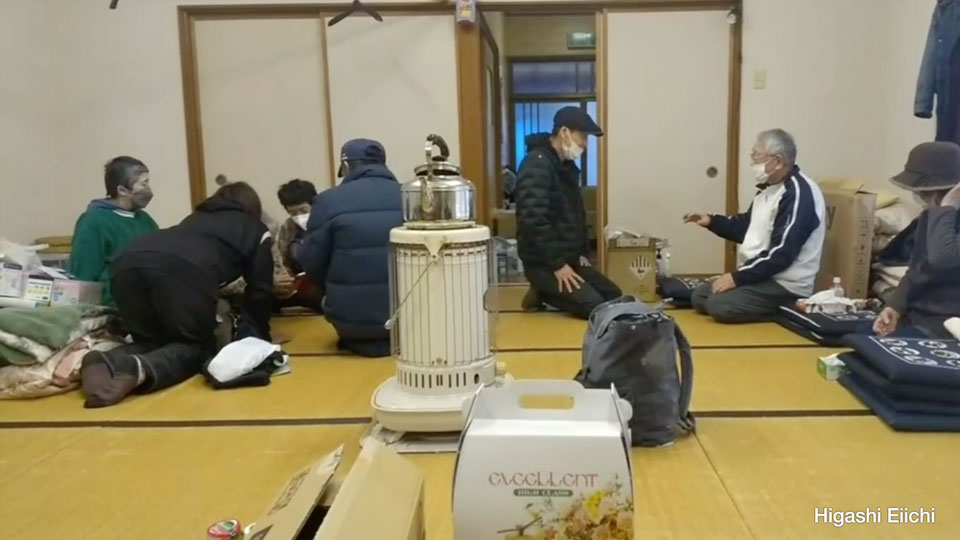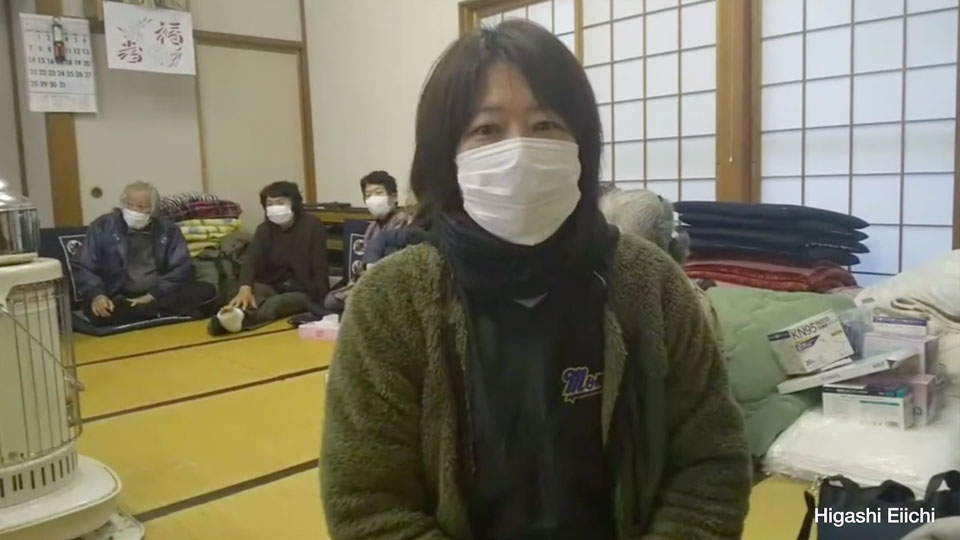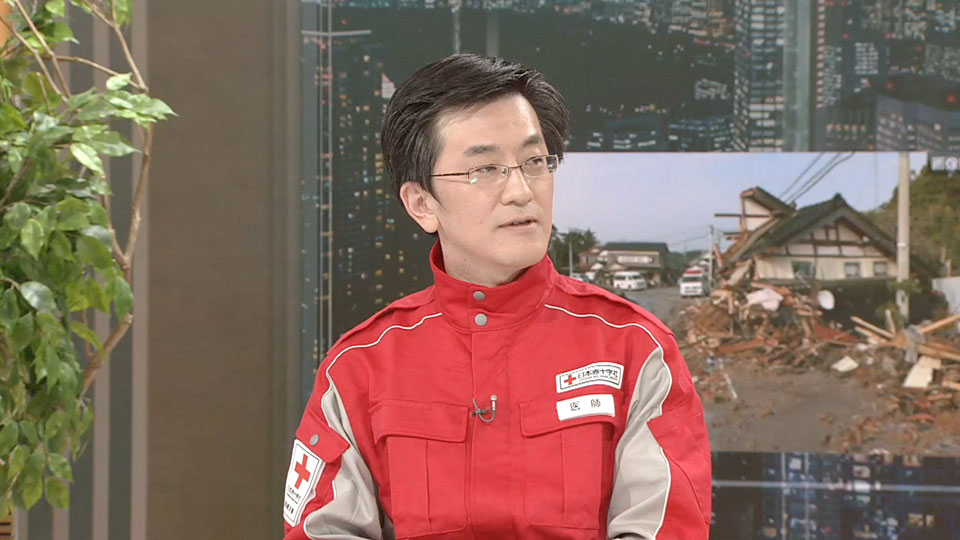
So Many Farewells

Families leaving a community where they've lived for generations is a scene taking place across Noto. This time, 11 people are departing for a safer place.

Higashi Eiichi, 73, has been keeping records of his community, wanting people to know what's been happening since the quake.
He says every farewell he sees is hard for both those leaving and those staying behind. That's because nobody knows when they will return.

For people evacuating to other places, the decision is not simple... and can vary even within the same family.

This woman decided to stay in her community to clean and rebuild their house. But her parents-in-law decided to leave. She says they all want to stay together but it's impossible to continue living in the house the way it is. Once she's cleaned up the mess, she says, she hopes they will come back.

Even Higashi and his wife decided to take different paths. Higashi wants to stay and rebuild the community, but his wife is leaving to live with their daughter in an unaffected prefecture.
Their community was originally cut off because roads were heavily damaged, and they are still living without electricity and water.
Higashi's wife decided to go after her close friends left.
He says it's sad seeing all the people leaving, and worries whether they'll return. "I don't want our hometown to become a place where people can't live," he says, and is determined to rebuild.
Long-term support needed

Murayama Tatsuo, who is 90, evacuated to a special nursing home for the elderly in Komatsu City, Ishikawa Prefecture, about 100 kilometers from the town he lived in. The quake left him without water or electricity.
Murayama has a chronic condition requiring regular medication. He entered this facility a little over a week ago. A staff member says Murayama was withdrawn right after he evacuated, but that he now walks and speaks with people.

Doctor Taguchi Shigemasa, of Saitama Red Cross Hospital, is stressing the need to provide support in places where evacuees are being temporarily resettled.
He says that if evacuees feel lonely and don't have anybody to talk to, it could lead to them becoming inactive or developing dementia. Even if their lives have been saved, their health may suffer.
He says it is also important to provide mental care, such as giving people somebody to talk to, and evacuate people to the same place as others from their community.
But not all facilities meet every need of the evacuees. Some cannot accept all the members of one family, or do not provide meals...discouraging people from moving to a secondary evacuation center.
In addition, some elderly people in need of nursing care and people with severe disabilities have difficulty evacuating long distances, since changes in their living environment put a heavy burden on their bodies and minds.
Doctor Taguchi adds that it's also very important to provide care to those people who choose to stay, because they are supporting their hometown and will rebuild it.
For those people, the important thing now is to improve sanitary conditions, which also means improving roads, electricity and the water supply.

